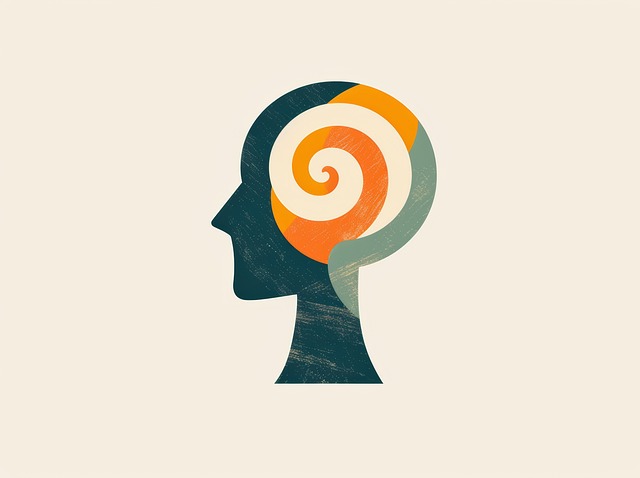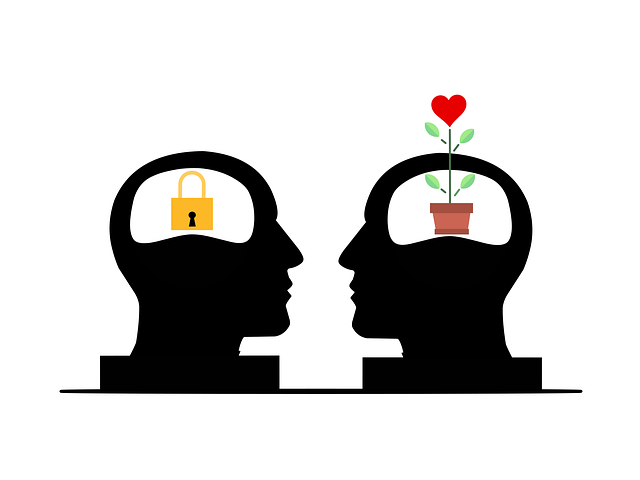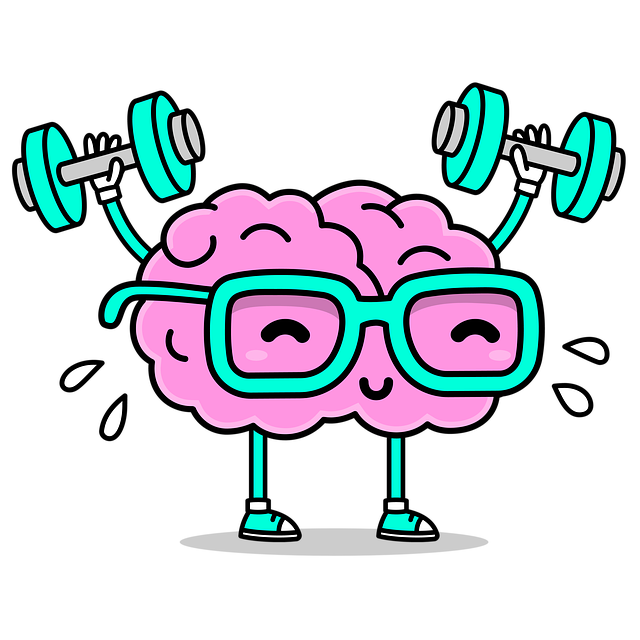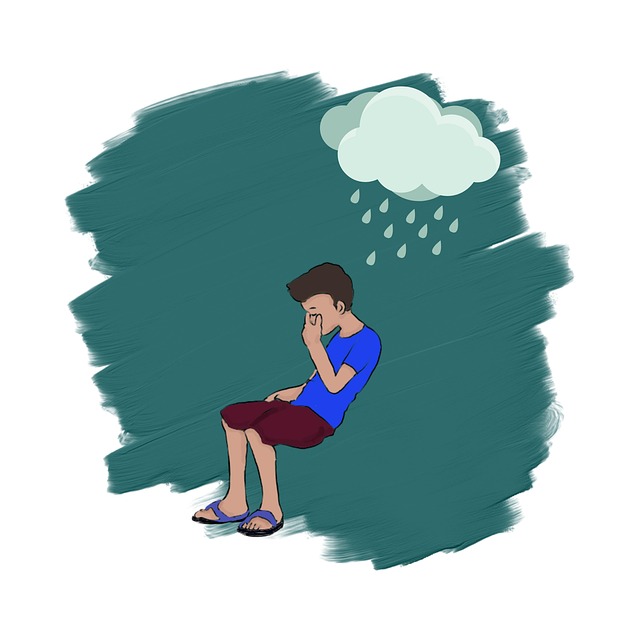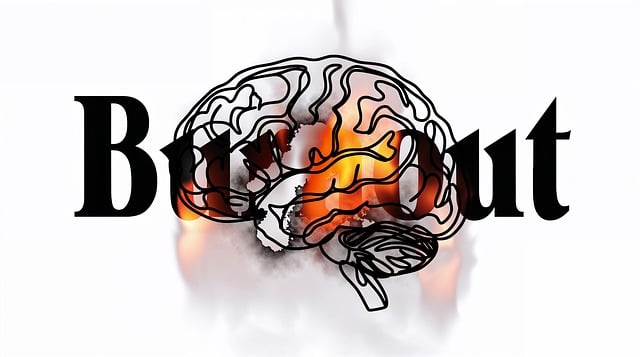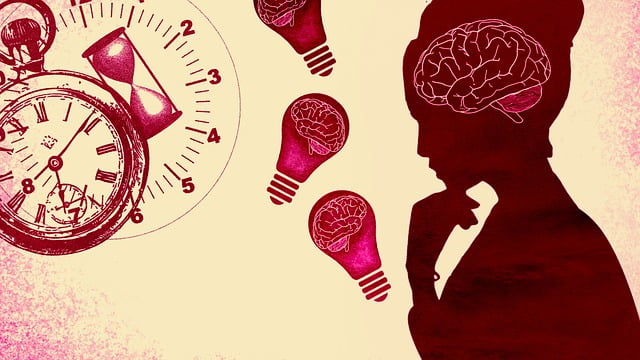Englewood Geriatrics Therapy offers a holistic, tailored approach to stress reduction for older adults, addressing physical, social, and cultural stressors. They provide interventions like mindfulness meditation, gentle yoga, and cultural competency training to reduce anxiety, depression, and caregiver burnout. Through personalized care, tailored exercises, and social support workshops, Englewood aims to enhance well-being, promote resilience, and navigate life's complexities with ease for their geriatric population.
Stress reduction is a vital aspect of geriatric care, enhancing quality of life. This article explores comprehensive methods tailored to the unique challenges faced by seniors. From understanding stress in the geriatric experience to implementing effective strategies like Englewood Geriatrics Therapy, mindfulness, physical activity, and robust social support networks, each section delves into evidence-based practices. Discover how these approaches foster relaxation, resilience, and overall well-being among older adults.
- Understanding Stress: Unraveling the Geriatric Experience
- Englewood Geriatrics Therapy: A Holistic Approach to Relaxation
- Mindfulness and Meditation Techniques for Stress Alleviation
- Physical Activity and Its Role in Geriatric Stress Management
- Social Engagement and Support Networks: Building a Resilient System
Understanding Stress: Unraveling the Geriatric Experience

Stress is a universal human experience, but its impact can be particularly profound among older adults. For geriatric individuals, stress often stems from various sources unique to their stage of life—from physical health challenges and financial worries to social isolation and changes in independence. Englewood Geriatrics Therapy recognizes these multifaceted stressors and offers tailored support through a range of evidence-based Stress Reduction Methods.
Englewood’s approach includes Social Skills Training, designed to enhance connections and combat loneliness, as well as Burnout Prevention Strategies for Healthcare Providers, acknowledging the significant role caregivers play. By addressing these issues holistically, Englewood aims to foster resilience and promote overall well-being among its geriatric population, ensuring they navigate life’s complexities with greater ease and tranquility.
Englewood Geriatrics Therapy: A Holistic Approach to Relaxation

Englewood Geriatrics Therapy offers a unique and holistic approach to stress reduction and relaxation, focusing on the interconnectedness of mind, body, and spirit. This comprehensive method acknowledges that stress is not solely a psychological issue but can be rooted in physical discomfort, social isolation, or cultural factors. By addressing these underlying causes, Englewood Geriatrics provides tailored interventions for individuals seeking relief from anxiety, depression, and burnout—prevalent concerns among healthcare providers.
The therapy incorporates various techniques such as mindfulness meditation, gentle yoga, and cultural competency training to enhance the overall well-being of its patients. These practices not only promote relaxation but also empower individuals with tools to manage stress in their daily lives, fostering a sense of balance and resilience. Through a nurturing environment and personalized care, Englewood Geriatrics Therapy helps clients navigate the challenges of modern life, ensuring they emerge with enhanced mental clarity and emotional stability.
Mindfulness and Meditation Techniques for Stress Alleviation

Mindfulness and meditation have emerged as powerful tools for stress reduction, offering a calming sanctuary from the hustle and bustle of daily life. These techniques encourage individuals to focus on the present moment, cultivating a sense of tranquility and mental clarity. Through Englewood Geriatrics Therapy, many have discovered the benefits of integrating mindfulness into their routines. Simple practices like deep breathing exercises and mindful walking can significantly lower stress levels, allowing one to navigate life’s challenges with greater resilience.
Englewood Geriatrics Therapy often incorporates meditation techniques tailored to diverse needs. Mindfulness meditation encourages individuals to observe their thoughts without judgment, fostering emotional balance. In contrast, guided visualizations transport practitioners to serene settings, promoting relaxation and stress alleviation. Moreover, social support plays a crucial role in mental health education programs design, where peers can share experiences and learn from each other during Stress Management Workshops Organization. Social Skills Training complements these initiatives by enhancing interpersonal connections, providing additional avenues for stress relief.
Physical Activity and Its Role in Geriatric Stress Management

Physical activity plays a pivotal role in stress management for older adults. Regular exercise, tailored to their unique needs, can significantly reduce symptoms associated with stress and anxiety. The benefits extend beyond physical health; it enhances cognitive function and improves overall well-being, which is especially crucial as we age. Engaging in activities like walking, swimming, or gentle yoga not only promotes mobility but also provides a sense of accomplishment and control, combating the feelings of helplessness that can arise from stress.
For geriatric populations, stress management techniques such as physical activity should be integrated into comprehensive care plans, possibly under the guidance of Englewood Geriatrics Therapy. This approach ensures a holistic understanding of individual needs and promotes effective coping skills development. Additionally, mental health professionals can utilize risk assessment tools to identify potential stressors and teach valuable conflict resolution techniques, fostering resilience and an enhanced ability to navigate stressful situations.
Social Engagement and Support Networks: Building a Resilient System

Social engagement and support networks play a pivotal role in stress reduction, especially for geriatric populations. Engaging with others provides individuals with a sense of belonging and purpose, which can significantly buffer against loneliness and isolation—common contributors to depression prevention. The support offered by friends, family, or community groups acts as a protective factor against anxiety relief and burnout prevention strategies, particularly for healthcare providers who often face high-stress workloads.
Building robust social connections fosters resilience through shared experiences, emotional support, and practical assistance during challenging times. For geriatrics therapy patients, this might involve participating in group activities, joining community clubs, or simply maintaining regular conversations with loved ones. Such interactions stimulate cognitive function, promote physical well-being, and enhance overall quality of life, contributing to effective stress management techniques that cater to both the mind and body.
In conclusion, stress reduction among seniors is a multifaceted endeavor. While understanding the unique geriatric experience is crucial, adopting holistic approaches like Englewood Geriatrics Therapy offers a comprehensive solution. Combining mindfulness, physical activity, and social engagement creates a robust framework for managing stress effectively. By integrating these techniques into daily routines, older adults can enhance their well-being and cultivate resilience in navigating life’s challenges.



